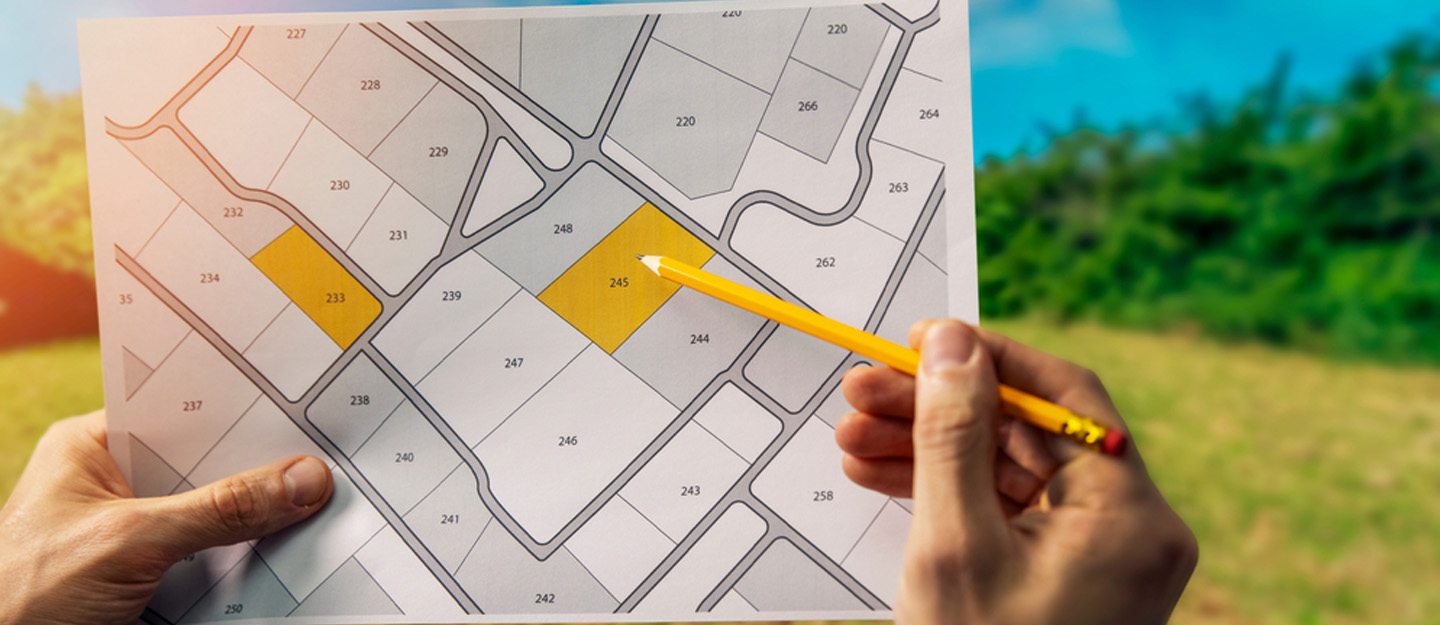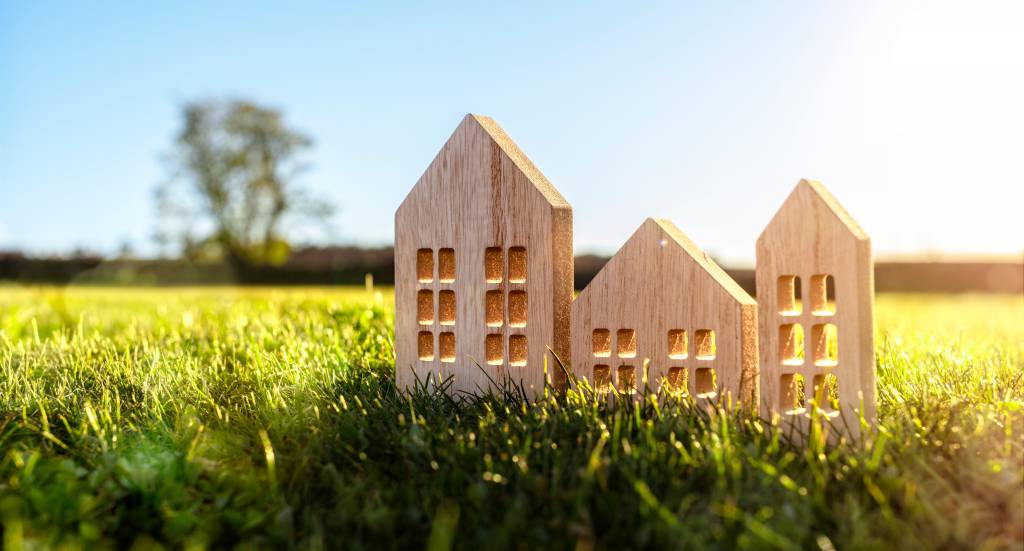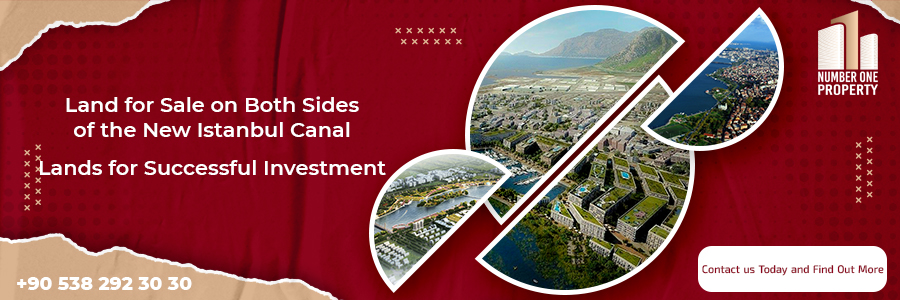Istanbul’s strategic position as the bridge between Europe and Asia has transformed it into one of the world’s most dynamic real estate markets. With property values surging 250-350% since 2021 and turkey’s largest city continuing to attract millions of new residents, many international investors are asking: Is buying land in Istanbul a good investment opportunity?
The answer depends on multiple factors including location, zoning status, infrastructure development, and your investment timeline. This comprehensive guide examines the current market conditions, legal requirements, and financial prospects to help you make an informed investment decision about purchasing land in this vibrant real estate market.
Current Market Overview: Land Investment Potential in 2025
The turkish real estate market has experienced remarkable growth, with Istanbul leading the charge as the country’s economic powerhouse. Prime locations now command €3,000-5,000 per square meter, reflecting the city’s increasing international appeal and limited central land availability.
Istanbul’s strategic location continues to drive foreign investment, particularly from Middle Eastern and European buyers seeking to diversify their portfolios. The city generates over 30% of Turkey’s GDP, providing a solid economic foundation that supports long-term property values and creates a thriving business environment for investors.
Government infrastructure projects have become major catalysts for land appreciation. The Istanbul Canal project, Third Airport development, and expanding metro network create ripple effects that significantly impact property values in surrounding districts. These megaprojects often trigger rezoning opportunities and infrastructure improvements that can triple land values within 3-5 years.
Foreign investment regulations maintain market stability by limiting land ownership to 30 hectares per person. This restriction prevents excessive speculation while ensuring that serious international investors can still participate meaningfully in the market. The Turkish Citizenship by Investment program further incentivizes foreign property buyers by offering residence permits and eventual citizenship for qualifying purchases.
Types of Land Available for Investment

Understanding the different categories of available land is crucial for making a successful investment in Istanbul’s diverse market. Each type offers distinct advantages and regulatory requirements that affect both immediate returns and long-term investment potential.
Residential Zoned Land
Zoned residential land in developing districts like Arnavutköy and Başakşehir offers immediate building potential for housing projects. These areas benefit from modern infrastructure and government backing, making them attractive destinations for both local and international investors seeking to develop luxury apartments or mixed-use projects.
The development potential for residential land typically allows for multi-story apartment buildings, with specific density ratios and height restrictions varying by district. Rental demand remains strong in these areas due to Istanbul’s growing population and proximity to business centers.
Commercial Land Opportunities
Commercial land plots near transportation hubs and business centers provide opportunities for office buildings, shopping centers, and mixed-use developments. These prime locations often generate higher rental yields, ranging from 8-12% for well-positioned commercial properties.
The rental market for commercial properties remains robust, supported by Istanbul’s role as a regional business hub and the continued expansion of multinational companies establishing Middle Eastern headquarters in the city.
Agricultural Land Projects
Agricultural land in outer districts like Çatalca and Silivri presents unique investment opportunities for eco-tourism, organic farming, or future development projects. While these areas currently offer lower entry prices, they benefit from green spaces regulations and potential rezoning as the city expands.
These agricultural parcels often provide the most affordable property prices for international buyers while maintaining significant growth potential as infrastructure development reaches outlying areas.
Industrial Development Zones
Industrial land in Pendik and Tuzla benefits from proximity to airports, ports, and major transportation networks. These areas serve the logistics and manufacturing sectors, providing stable rental income and capital appreciation driven by Turkey’s growing export economy.
The strategic location of these industrial zones supports thriving business environments and attracts foreign companies seeking manufacturing and distribution facilities for European and Middle Eastern markets.
Prime Districts for Land Investment
Selecting the right district is perhaps the most critical factor determining your land investment success. Each area offers different risk-reward profiles based on infrastructure development, government support, and market maturity.
Arnavutköy: Airport Proximity Advantage
Arnavutköy has emerged as a top investment destination due to its proximity to Istanbul Airport, the world’s largest airport project. Land prices range €800-1,500 per square meter, offering relatively affordable entry points with exceptional growth potential.
The district benefits from direct transportation links to the airport and planned infrastructure improvements. Many international buyers view this area as having similar potential to what Dulles corridor had for Washington D.C. real estate development.
Future development plans include expanded metro connections and commercial centers, which could drive significant appreciation over the next 5-10 years. The area already shows strong rental demand from airport employees and logistics companies.
Başakşehir: Government-Backed Growth
Başakşehir represents one of Turkey’s most ambitious urban planning projects, with modern infrastructure and comprehensive city planning. Land values appreciate 15-20% annually, supported by government investment and high-quality development standards.
The district features wide boulevards, green spaces, and modern utilities that attract both residential and commercial development. Property owners benefit from superior infrastructure compared to older Istanbul neighborhoods.
International investors particularly appreciate the area’s planned development approach, which reduces regulatory uncertainty and provides clearer long-term value propositions compared to organically developed districts.
Çekmeköy: Asian Side Development
Çekmeköy offers affordable entry points at €600-900 per square meter while benefiting from metro connections and Asian side development momentum. The area represents excellent value for investors seeking exposure to Istanbul’s growth at lower price points.
The district’s transportation infrastructure continues improving, with new metro lines connecting to central business districts. This connectivity drives rental demand and supports property values appreciation.
Market trends indicate that Asian side districts often experience delayed but substantial appreciation as development pressure increases and central locations become prohibitively expensive.
Beylikdüzü: Coastal Premium Location
Beylikdüzü commands premium prices of €1,200-2,000 per square meter due to its coastal location and marina development projects. The area attracts affluent residents and offers luxury amenities that support higher rental yields.
The district’s cultural heritage includes access to beaches and recreational facilities that enhance quality of life and attract international residents. This demand supports both rental income and capital appreciation.
Property investment in Beylikdüzü often focuses on luxury developments and mixed-use projects that cater to high-income residents and business executives working in Istanbul’s financial district.
Financial Returns and Investment Analysis

Understanding the financial dynamics of land investment in Istanbul requires analyzing both immediate returns and long-term appreciation potential. The market offers compelling opportunities for investors who understand local conditions and timing.
Land investments in developing districts show 12-18% annual appreciation compared to 5-8% in established areas. This differential reflects the risk-reward tradeoff between emerging and mature neighborhoods, with higher returns available to investors willing to accept development risk.
Development potential can triple land values within 3-5 years through proper zoning approvals and construction projects. Successful investors often purchase raw land, obtain development permits, and either develop projects themselves or sell to developers at significant premiums.
| Investment Type | Annual Appreciation | Rental Yield | Risk Level |
|---|---|---|---|
| Developing Districts | 12-18% | 6-9% | Medium-High |
| Established Areas | 5-8% | 4-6% | Low-Medium |
| Commercial Land | 8-12% | 8-12% | Medium |
| Industrial Zones | 6-10% | 7-10% | Low |
Rental yields from developed land reach 8-12% for commercial properties and 6-9% for residential developments. These returns compare favorably to most developed markets while offering additional upside through currency appreciation and capital growth.
Turkey’s tax structure provides significant advantages for long-term investors. No capital gains tax applies after 5 years of ownership, making long-term land investment highly attractive for building wealth and portfolio diversification.
The turkish property market also benefits from relatively low property taxes compared to European standards, with annual rates around 0.2% in metropolitan areas. These low carrying costs improve overall investment returns and cash flow.
Legal Framework and Zoning Regulations
Understanding Turkey’s legal framework is essential for foreign investors considering land purchases. The regulatory environment provides clear ownership rights while maintaining appropriate controls on development and foreign ownership.
Residential Zoning Requirements
Residential zoning permits housing developments with specific density ratios and height restrictions that vary by district. These regulations ensure orderly development while protecting property values and neighborhood character.
Building permits typically require compliance with earthquake safety standards, utilities connections, and parking requirements. The approval process usually takes 6-18 months, depending on project complexity and local authority efficiency.
Property owners must work with licensed architects and contractors to ensure compliance with local building codes. This requirement protects investment value and ensures developments meet international standards.
Commercial Development Standards
Commercial zoning allows office buildings, shopping centers, and mixed-use developments within designated business districts. These areas often offer higher development density and more flexible use permits.
Environmental compliance requirements apply to all commercial developments, particularly those involving manufacturing or retail operations. These standards ensure sustainable development and protect long-term property values.
Mixed-use zoning has become increasingly popular, allowing developers to combine residential, commercial, and retail spaces in single projects. This flexibility often maximizes land utilization and investment returns.
Industrial and Agricultural Restrictions
Industrial zoning restricts development to designated areas with appropriate infrastructure for manufacturing and logistics operations. Environmental compliance requirements are particularly stringent for industrial developments.
Agricultural land faces specific restrictions on conversion to other uses, requiring municipal approval and often lengthy review processes. However, these restrictions also protect agricultural land values and prevent oversupply in development markets.
Foreign ownership restrictions apply more strictly to agricultural and border areas, with additional security clearances required for purchases near military installations or sensitive zones.
Key Investment Considerations and Risks
While Istanbul offers compelling investment opportunities, successful land investment requires careful consideration of various risks and additional costs that can significantly impact returns.
Infrastructure development costs can add 20-30% to initial land investment for utilities and road access. Buyers should budget for these expenses when evaluating total project costs and expected returns.
Zoning changes require municipal approval and can take 6-18 months to complete, potentially delaying development plans and affecting project financing. Investors should factor these timelines into their investment strategy and cash flow planning.
Environmental restrictions in coastal and forest areas may limit construction possibilities or require additional environmental impact studies. These requirements can add both time and cost to development projects.
Currency fluctuations present both risks and opportunities for foreign investors. While Turkish lira depreciation creates buying opportunities for foreign currency holders, it can also affect the value of rental income and sale proceeds when converted back to foreign currencies.
The local market can experience significant volatility based on political developments, economic conditions, and changes to foreign investment regulations. Diversified investors often view these fluctuations as creating both risks and opportunities for strategic purchases.
Interest rate changes affect both construction financing costs and alternative investment returns, influencing land values and development feasibility. Investors should monitor monetary policy trends when planning purchase timing.
Purchase Process and Associated Costs

The land purchase process in Turkey follows established procedures that protect buyer rights while ensuring proper title transfer and regulatory compliance. Understanding these steps helps investors plan timelines and budgets effectively.
Due diligence includes title deed verification through the Directorate of Land Registry and Cadastre, zoning confirmation with local municipalities, and soil analysis reports for development projects. Professional assistance is essential for foreign buyers unfamiliar with local procedures.
Legal fees, taxes, and real estate agent commissions typically total 6-8% of the purchase price. This includes:
- Title deed transfer tax (4%)
- Legal representation (1-2%)
- Real estate agents fees (2-3%)
- Survey and inspection costs (0.5-1%)
Property taxes in metropolitan areas run approximately 0.2% annually, plus municipal development fees that vary by district and project type. These ongoing costs remain modest compared to many international markets.
Purchase completion typically takes 2-4 weeks with proper documentation and financing arrangements. Foreign buyers often find the process more straightforward than expected, particularly when working with experienced real estate agents and legal counsel.
Banking relationships can facilitate the purchase process, with several Turkish banks offering financing options for foreign property buyers. Some international banks also provide investment financing for qualified clients purchasing Turkish real estate.
Official valuation reports may be required for financing or legal purposes, adding to transaction costs but providing additional verification of property value and development potential.
Future Development Prospects
Istanbul’s future development plans provide clear catalysts for continued land appreciation, particularly in districts connected to major infrastructure projects and urban planning initiatives.
The Istanbul Canal project represents the most significant development opportunity, potentially boosting land values in Küçükçekmece and Avcılar districts by 2027. This massive infrastructure investment will create new waterfront properties and commercial opportunities.
Kanal Istanbul transportation links will increase accessibility to northern districts currently considered remote. These connectivity improvements often trigger rapid appreciation in adjacent land values as commute times to central areas decrease.
Smart city initiatives in Başakşehir and Esenyurt create technology-focused development opportunities that attract international companies and high-skilled workers. These projects often generate premium rental demand and support higher property values.
Tourism infrastructure expansion supports hospitality and commercial land development potential throughout the city. Istanbul’s growing reputation as a global destination drives demand for hotels, restaurants, and entertainment facilities.
The city’s demographic trends support continued growth, with population projected to reach 17 million by 2025. This growth creates sustained demand for all types of real estate development and supports long-term investment prospects.
Climate considerations increasingly influence development patterns, with green building standards and environmental sustainability becoming important factors in property values and regulatory approval processes.
Transportation infrastructure continues expanding, with new metro lines, bridges, and highway connections opening previously isolated areas for development. These infrastructure investments often provide the highest returns for early land investors.
Conclusion
Is buying land in Istanbul a good investment? The evidence suggests that for well-informed investors with appropriate risk tolerance and investment timelines, Istanbul land offers compelling opportunities for both capital appreciation and portfolio diversification.
The city’s strategic location, growing economy, and ambitious infrastructure development create multiple drivers for continued property values appreciation. However, success requires careful district selection, thorough due diligence, and realistic expectations about timelines and additional costs.
Foreign investors benefit from Turkey’s welcoming investment climate and citizenship opportunities, while the market’s liquidity and transparency compare favorably to other emerging markets. The key lies in working with experienced real estate agents, understanding local regulations, and maintaining a long-term investment perspective.
For prospective buyers considering their investment goals, Istanbul’s land market offers the potential for significant returns within a framework of manageable risks. The combination of economic growth, infrastructure development, and international connectivity makes a strong case for including Turkish real estate in a diversified investment portfolio.
Before making any investment decisions, conduct thorough research with qualified professionals who understand both the opportunities and complexities of the turkish real estate market.
Read Also:
Apartments vs Land: Which Investment Offers Greater Long-Term Value?
Legal Restrictions for Foreigners Buying Land in Istanbul: Complete Guide
Istanbul Mega Projects That Boost Land Value



